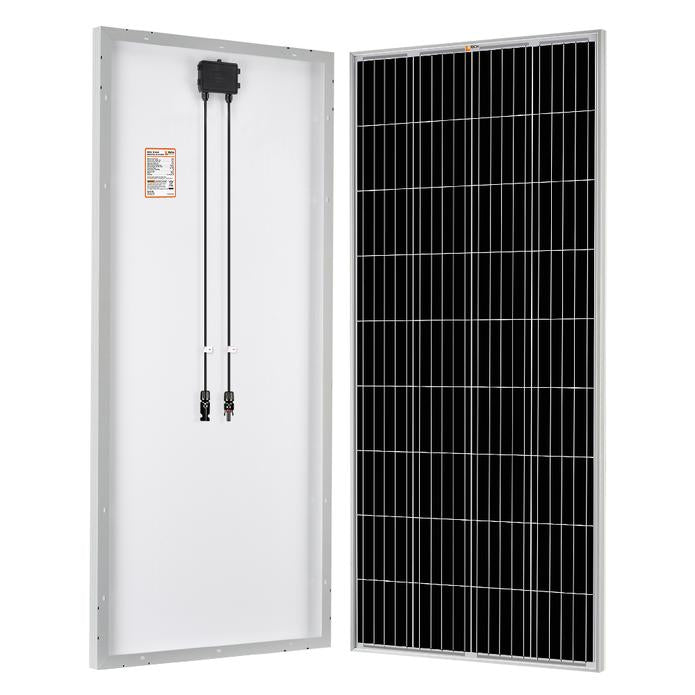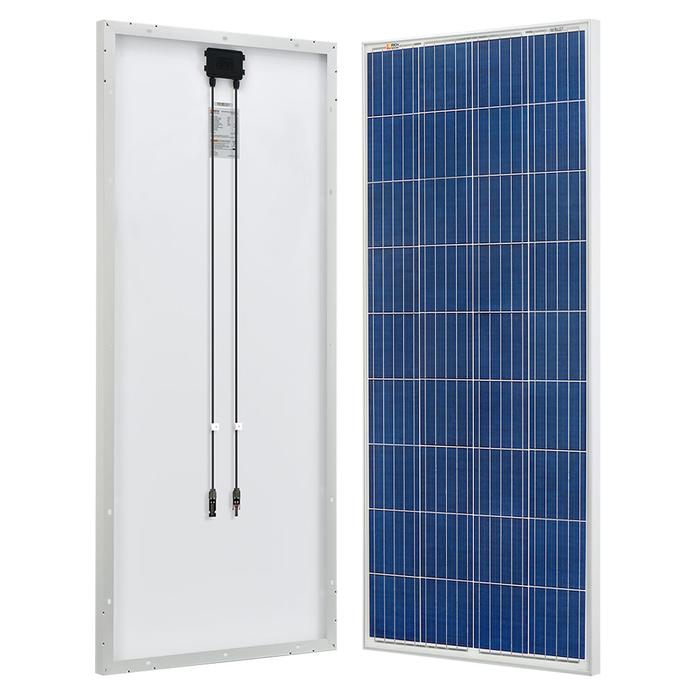Your Cart is Empty
TALK TO AN EXPERT: 1-844-945-3625
Menu
-
- Water Filter Systems
- Portable Solar Generators
- Propane Wall Heaters
- Composting Toilets
- DIY Buildings & Kits
- Canvas Tents
- Homestead & Off Grid Supplies
- Chicken Coops
- Harvest Right Freeze Dryers
- Emergency Food Kits
- Hunting Blinds
- MrCool DIY Mini Splits
- Solar Air Conditioners
- Solar Fridge & Freezers
- Camping Coolers
- Electric Coolers
- Overlanding Gear
- Two Person Cots
- Portable Sauna Tents
- Incinerating Toilets
- Dairy Equipment
- Coolers
- Faraday Defense
- EMP Shield
- Hunting Blinds
- Compost Tumblers
- Drip Irrigation Kits
- Shade Cloth
- Propane Fireplace
- Portable BBQ's
- Brands
- Chicken Coop Brands
- Composting Toilet Brands
- Solar Brands
- Food Storage Brands
- Freeze Dryer Brands
- Water Filtration Brands
- Incinerating Toilet
- Waterless Toilet Brands
- Heater Brands
- EMP Shield Brands
- Tent Brands
- Cot Brands
- Cooler Brands
- Dog Kennels
- Greenhouse & Gazebo Brands
- Portable Saunas
- DIY Shed Kits
- About Wild Oak Trail
- Resource Center
- The Ultimate Prepper & Emergency Survival Blog - Includes Free eBook
- Beginners Guide to Living off The Grid - Includes Free eBook
- Building Your Own Emergency Food Supply
- Best Survival Food to Be Prepared for Anything
- Berkey Lab Tests & Certifications
- Federal Solar Tax Credit - What You Need to Know
- BLOG
-
- 1-844-945-3625
- Login

TALK TO AN EXPERT: 1-844-945-3625
Solar Kits
Complete Solar Kits for Home & Off-Grid Power
TL;DR: A solar kit is a pre-packaged renewable energy system including solar panels, an inverter, and mounting hardware designed for residential backup or off-grid independence. We stock top-rated solar generator brands including EcoFlow, Anker, Lion Energy and Mango Power covering everything from 200W portable setups to 15kW whole-home systems.
Solar Kit Key Factors
The process of choosing the appropriate solar kit for your home requires meticulous evaluation of various crucial elements. One of the most important is the efficiency and wattage of the solar panels included in the kit. Higher efficiency panels convert more sunlight into electricity, which is crucial for maximizing energy production, especially when roof space is limited. This allows you to produce more power using fewer panels, optimizing your available space.
Another key consideration is the balance between cost and quality. While it might be tempting to opt for cheaper panels to save money upfront, this could lead to higher long-term costs due to poor performance and reduced lifespan. Investing in high-quality panels that promise superior performance and durability is vital to maximize the benefits of your solar energy system, even if their original price is higher.
Compatibility with your home’s installation requirements is also vital. Factors such as roof type, available space, and local regulations can impact the efficiency of your solar panel setup. Moreover, it’s pivotal to comprehend the warranties that come with your solar kit. A good warranty covers both product defects and long-term performance, providing peace of mind and financial security.
Opting for complete solar kits can simplify the process, as they are designed to meet your specific needs, eliminate compatibility risks, and offer cost savings.

Portable Solar Kits
Portable solar kits are a game-changer for those who need reliable power on the go. These all-in-one, plug-and-play systems offer unparalleled convenience and flexibility. Designed to be user-friendly, they come pre-wired and ready to use, making them perfect for camping trips, RVs, or emergency backup power at home.
The convenience of portable solar kits cannot be overstated. Equipped with features such as integrated batteries, charge controllers, and inverters, these kits deliver an uninterrupted power solution regardless of your location. Whether you’re off the grid in a remote location or simply need a backup power source during outages, portable solar kits ensure you have access to clean, renewable energy whenever you need it.
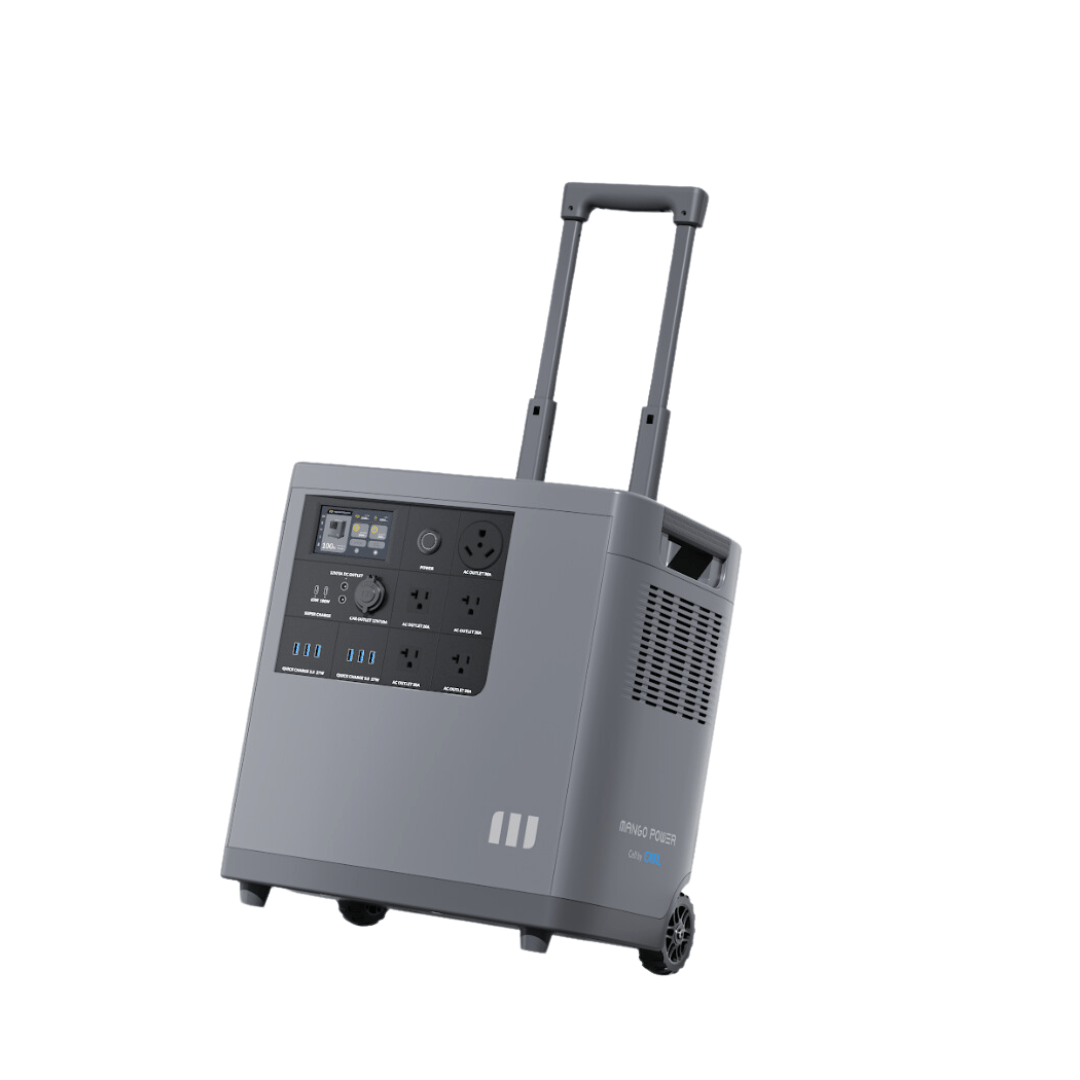
Types of Solar Panels for your Solar Kit
Solar panel kits typically include either monocrystalline or polycrystalline panels, each with its own set of advantages and drawbacks. Monocrystalline panels are made from a single silicon crystal and are known for their high efficiency and power capacity. On the other hand, polycrystalline panels are made from multiple silicon fragments, making them more affordable but less efficient.
Knowing these distinctions can guide you in selecting the appropriate panel type for your unique requirements.
Monocrystalline Panels
Monocrystalline solar panels are easily recognizable by their black PV cells with rounded edges. These panels are the most efficient type available, producing more kilowatt-hours of electricity per square foot compared to other panel types. Their superior efficiency translates into needing fewer panels to generate an equivalent amount of power, which makes them perfect for installations where space is limited.
However, the efficiency and power capacity of monocrystalline panels come at a higher cost. The complex manufacturing process of creating single-crystal silicon cells makes these panels more expensive than their polycrystalline counterparts. Despite the higher upfront cost, the long-term benefits of increased efficiency and space-saving can make monocrystalline panels a worthwhile investment for many homeowners.
Polycrystalline Panels
Polycrystalline panels, with their distinctive blue-hued PV cells and straight edges, offer a more budget-friendly option for those looking to invest in solar energy. While they are less efficient than monocrystalline panels, they are still a viable option for many installations, particularly where space is not a limiting factor. The simpler manufacturing process of polycrystalline panels makes them more affordable, allowing homeowners to save on initial costs.
These panels demand more space to generate an amount of power comparable to monocrystalline panels, presenting a challenge for those with restricted roof area. However, for larger installations or areas with ample space, polycrystalline panels can be an excellent choice, offering a balance between cost and performance.
Solar Panel Efficiency and Wattage
The effectiveness of your solar panel system hinges on two crucial elements: efficiency and wattage. Solar panel efficiency refers to the ability of the panel to convert sunlight into electricity. Higher efficiency panels produce more electricity from the same amount of sunlight, making them essential for maximizing energy production, especially in space-constrained installations. Residential and commercial panels typically have efficiencies ranging from 15% to nearly 23%.
Wattage, on the other hand, indicates the total power output of a solar panel. It is typically measured in watts and determines how much power a panel can produce over a certain period. The wattage ratings of solar panels usually range from 40 to 480 watts. For instance, a 400-watt solar panel in a sunny climate can produce about 600 kWh of electricity per year. Higher wattage panels can generate more power, but they are also larger and may not be suitable for all residential installations.
Shading can drastically diminish the output of solar panels, thereby impacting the system’s overall efficiency. Therefore, it’s important to consider the placement of panels to ensure they receive maximum sunlight exposure. By carefully selecting panels with the right efficiency and wattage, you can optimize your solar power system for maximum energy production and savings.
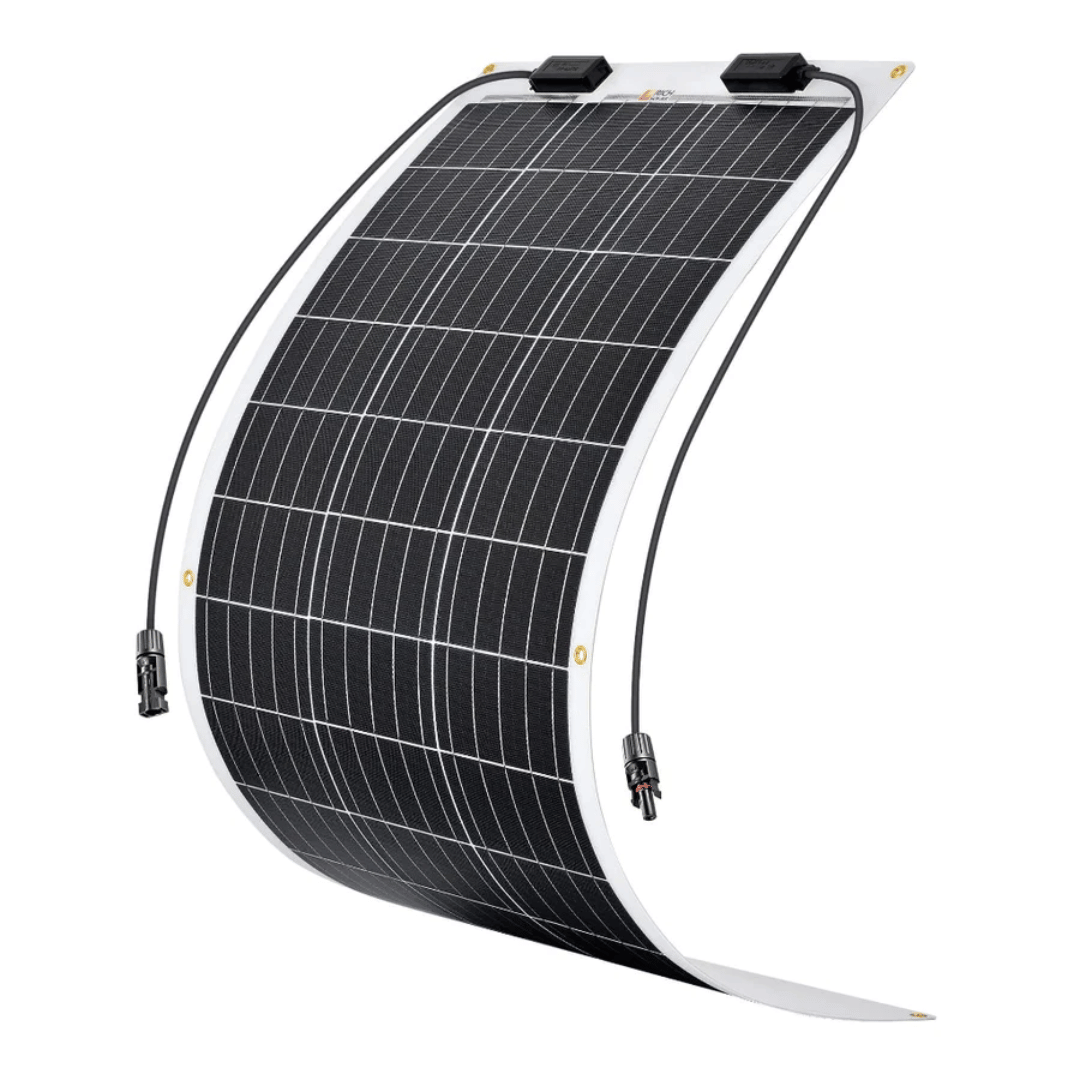
Solar Kits for Different Needs
Solar kits are available in various configurations, tailored to meet unique energy needs and adapt to geographical locations. Whether you need a solution for a residential property, a remote off-grid location, or a combination of both, there are solar kits designed to meet your needs. We will delve into the diverse range of solar kits available.
The most common uses of Solar Kits are:
- Off-Grid Cabin or Home
- Tiny House
- RV or Van Living
- Construction Site
- Emergency Backup Power
- Camping
Grid Tied Solar Kits
Grid-tied solar kits integrate seamlessly with existing utility services, making them ideal for areas with reliable grid infrastructure. These kits can significantly reduce electricity bills by feeding excess power back into the grid, thanks to net metering policies that credit excess solar production. This means you can effectively track and offset your energy costs.
These systems are perfect for homeowners who want to reduce their dependence on traditional power sources without completely disconnecting from the grid. By combining solar energy with grid power, you can enjoy the benefits of renewable energy while ensuring a continuous power supply.
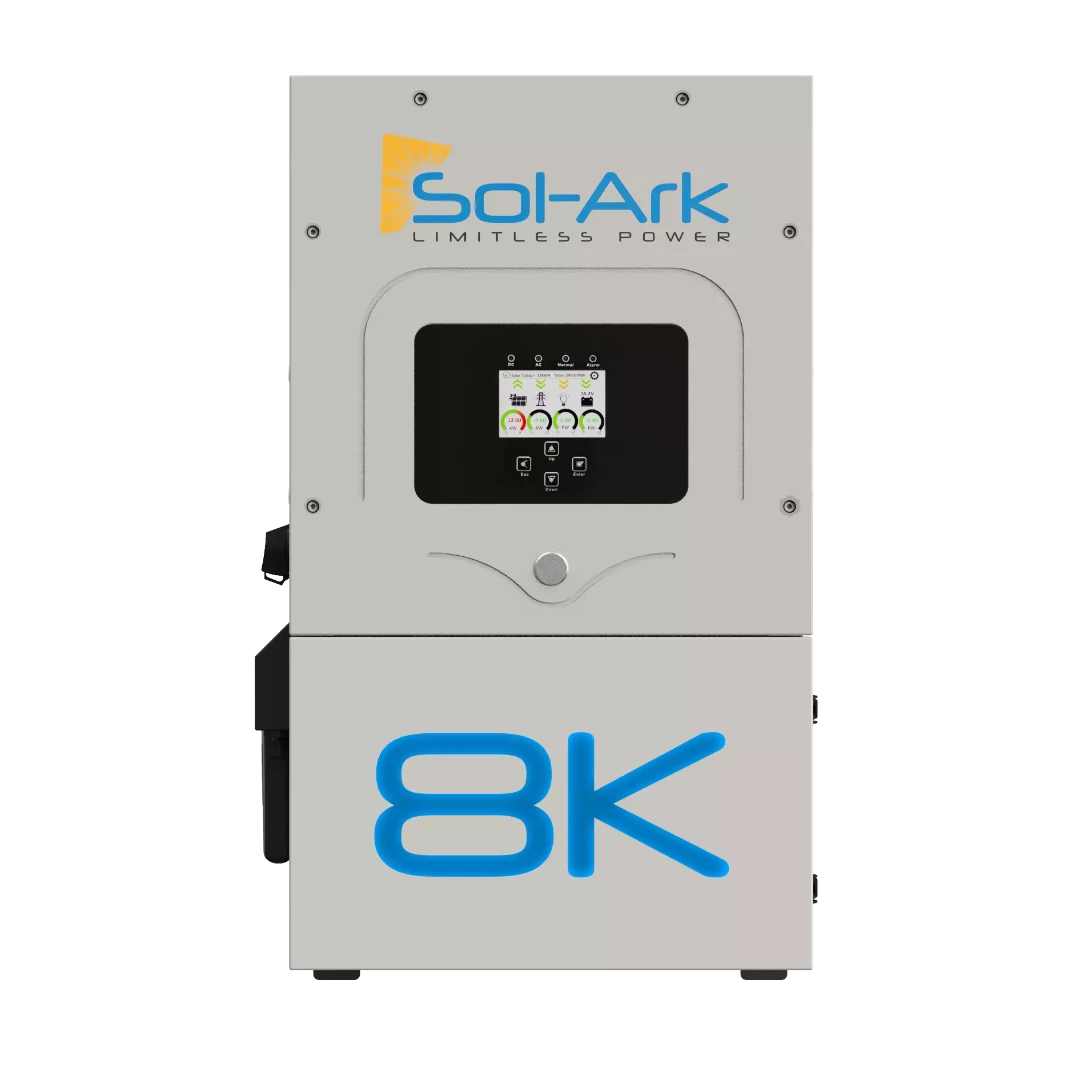
Off-Grid Solar Kits
Off-grid solar kits are designed to achieve energy independence in remote areas without access to a centralized power grid. These kits come equipped with:
- Batteries, often using advanced lithium-ion technology, to store excess electricity for use during periods without sunlight
- Solar panels to capture and convert sunlight into electricity
- Charge controllers to regulate the flow of electricity from the solar panels to the batteries
- Inverters to convert the stored DC (direct current) electricity into AC (alternating current) electricity for use in household appliances
This setup reduces reliance on external energy sources, minimizing the risk of power outages and ensuring a continuous power supply.
Consider the experience of Troy P., who successfully set up his EG4 off-grid base kit with six 400-watt panels and two server rack batteries. This setup allowed him to run dual 750-watt water distillers in his garage, showcasing the reliability and efficiency of off-grid solar kits.
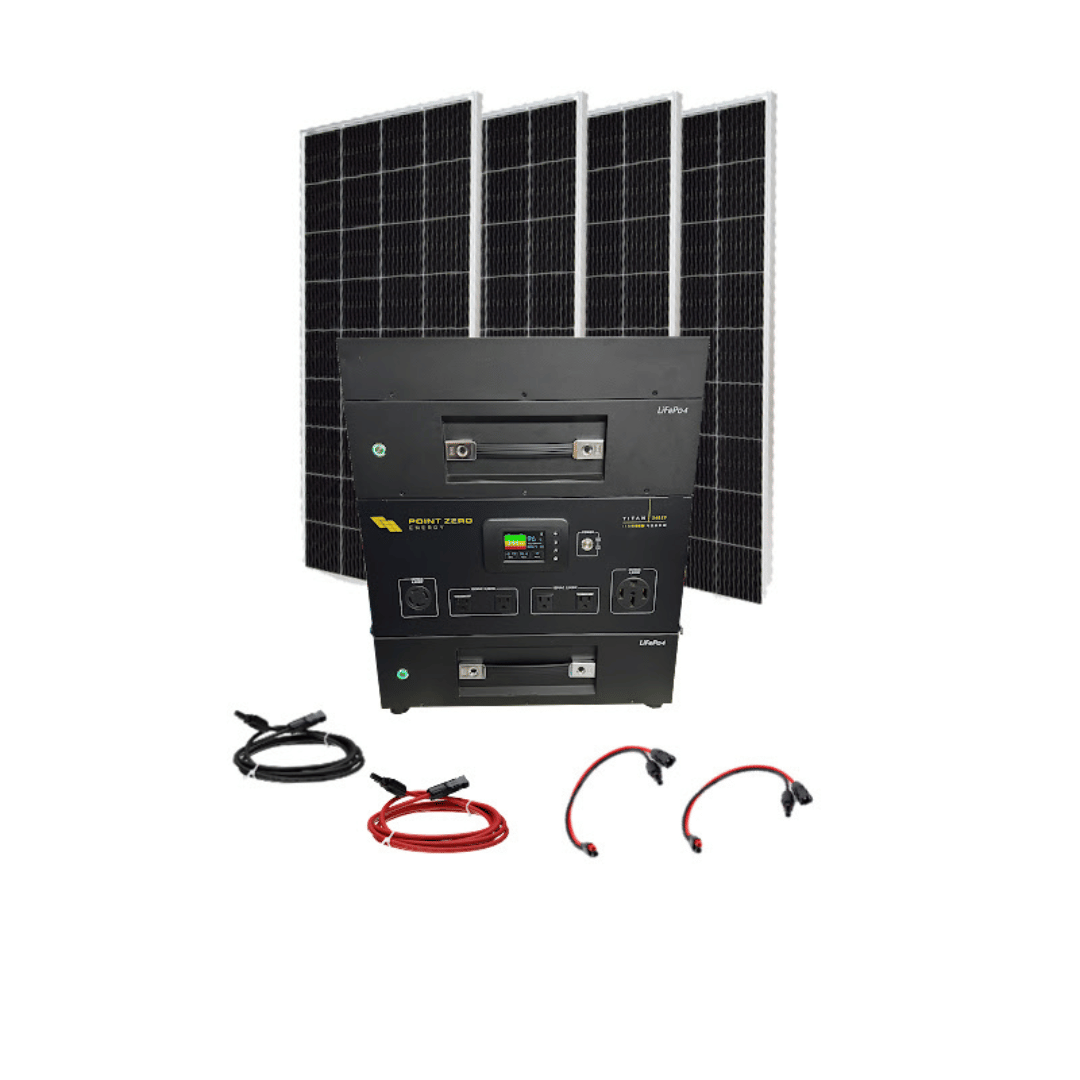
Hybrid Solar Kits
Hybrid solar kits offer the best of both worlds by combining the benefits of grid-tied and off-grid systems. These kits can switch between grid-tied and off-grid operation depending on the availability of grid power, providing maximum flexibility and energy storage options. They often include both a grid-tied inverter and a battery inverter, allowing you to store energy in batteries for use during power outages or periods of low solar generation.
These systems are ideal for homeowners who want the reliability of grid power but also the independence of off-grid solutions. By investing in a hybrid solar kit, you can ensure that your home remains powered even during grid failures, giving you peace of mind and energy security.
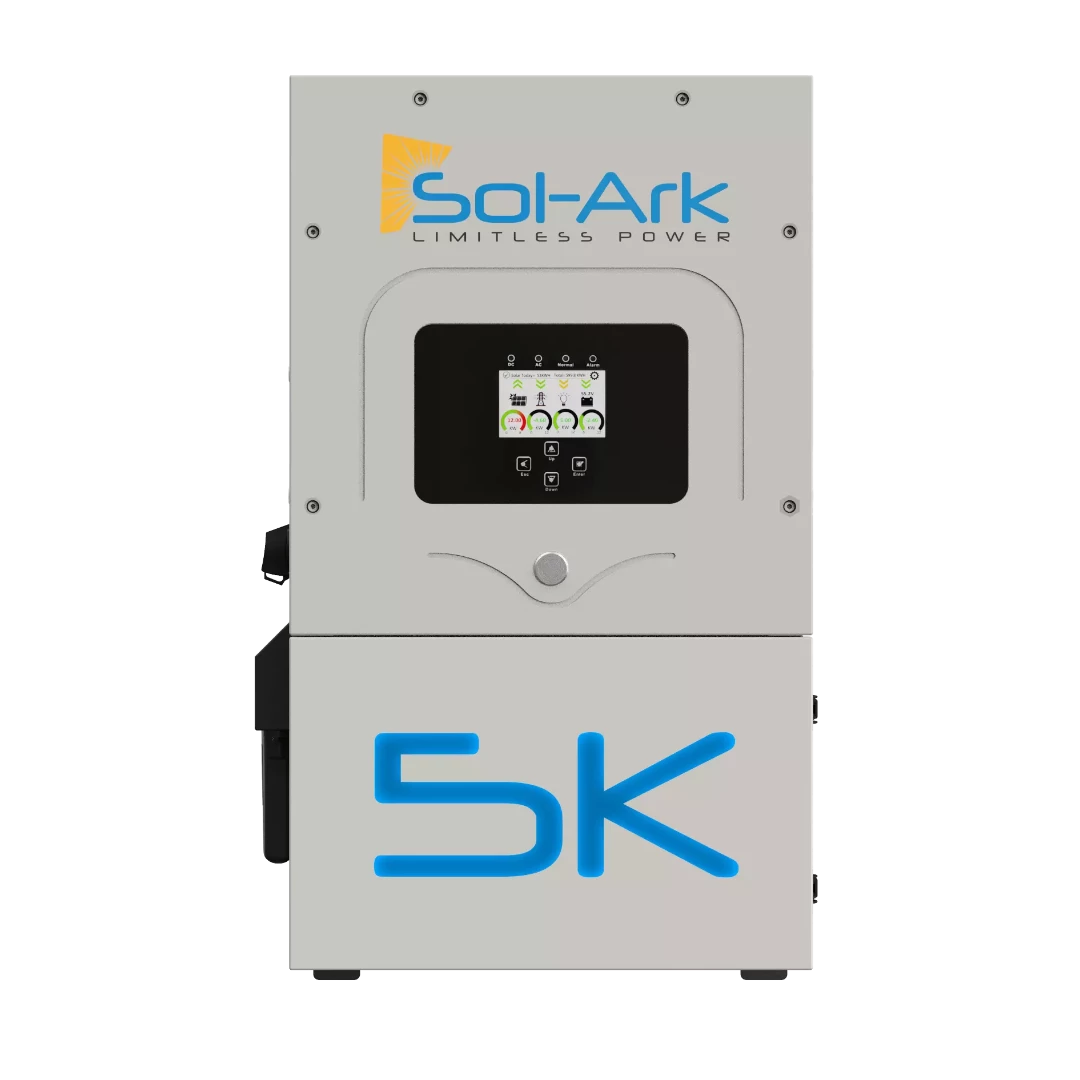
Solar Kits Summed Up
Investing in solar kits offers numerous benefits, from reducing electricity bills and achieving energy independence to contributing to a greener planet. By exploring top brands like Titan, Lion Energy, Nature’s Generator, Anker, EcoFlow, Hysolis, Mango Power, and Rich Solar, you can find the perfect solar kit that meets your specific needs. Understanding key factors such as efficiency, wattage, cost, compatibility, and warranties is crucial for making an informed decision.
Whether you opt for grid-tied, off-grid, or hybrid solar kits, each configuration offers unique advantages that cater to different energy requirements and geographical locations. With expert support and resources available, you can confidently install, optimize, and maintain your solar power system. Embrace the power of the sun and take the first step towards a sustainable and energy-independent future.
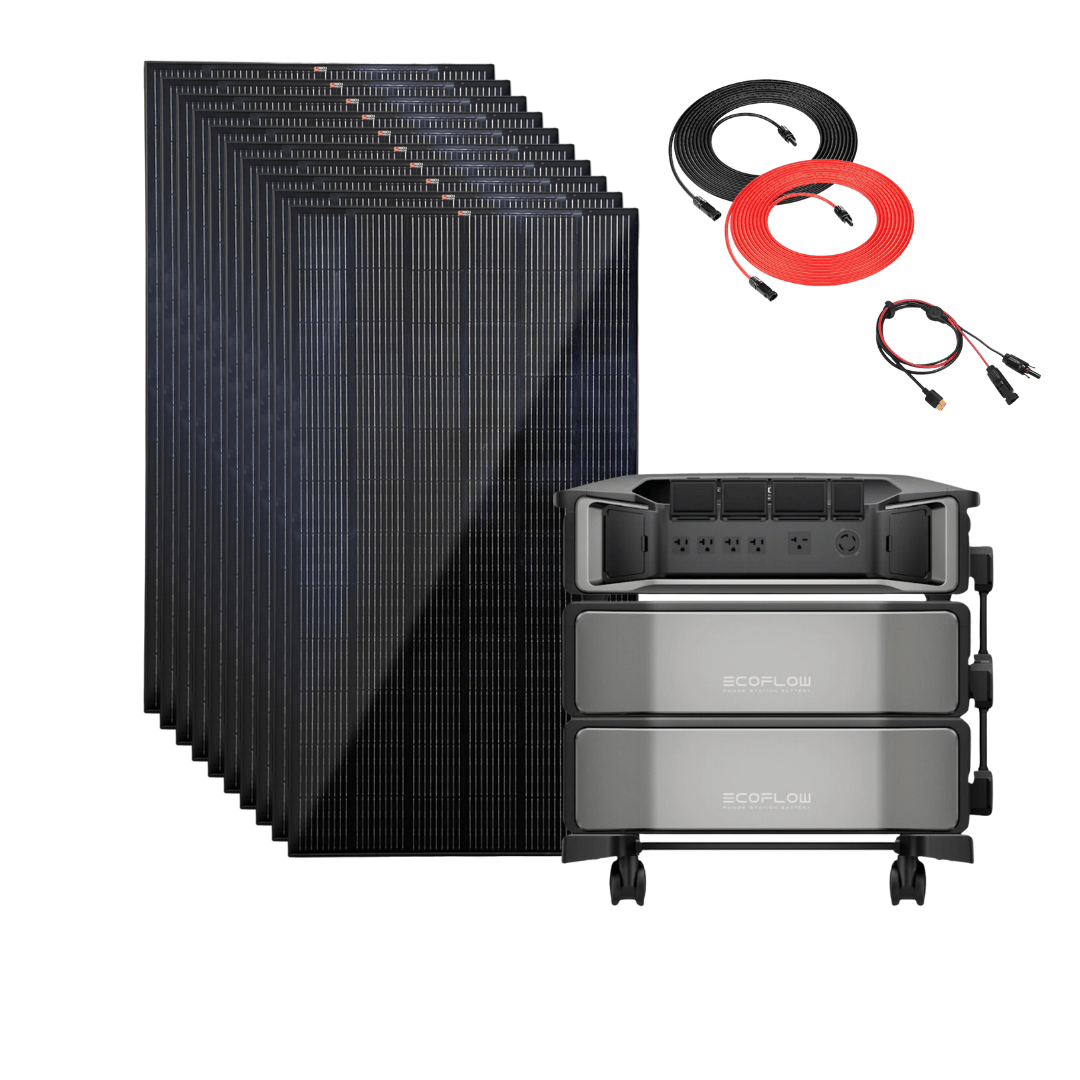
Solar Kit Frequently Asked Questions:
What are the main types of solar panels included in kits?
Solar panel kits usually include monocrystalline or polycrystalline panels. Monocrystalline panels are more efficient but expensive, while polycrystalline panels are cheaper but less efficient.
What should I consider when choosing a solar kit?
When choosing a solar kit, it's important to consider factors such as panel efficiency, wattage, cost, compatibility with installation requirements, and warranties offered. These factors will help you make an informed decision.
How do portable solar kits work?
Portable solar kits work by providing an all-in-one, pre-wired system that generates reliable power for activities such as camping, RV use, or emergency backup power. They are designed to be convenient and easy to use.
What are the benefits of hybrid solar kits?
Hybrid solar kits offer maximum flexibility by combining the benefits of grid-tied and off-grid systems, allowing for switching between grid-tied and off-grid operation. They include both a grid-tied inverter and a battery inverter.
How important are warranties for solar kits?
Warranties for solar kits are crucial as they protect your investment, provide financial security, and ensure peace of mind by covering product defects and maintaining panel performance over time.
Join Our Newsletter
Get it first. Sign up now for up-to-the-minute offers, sales and news.































































































































